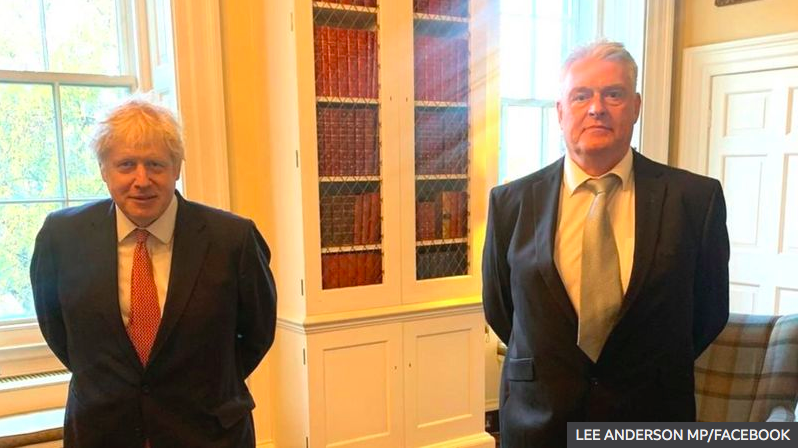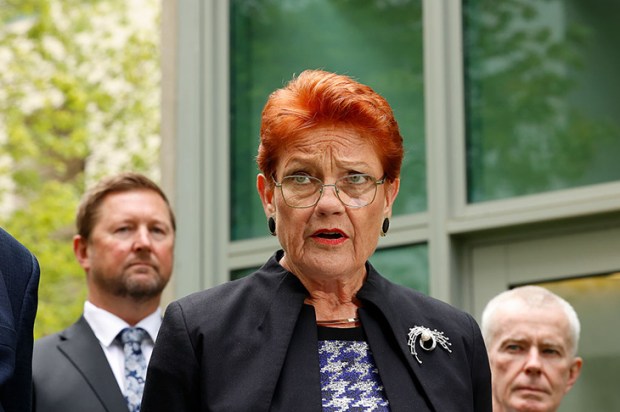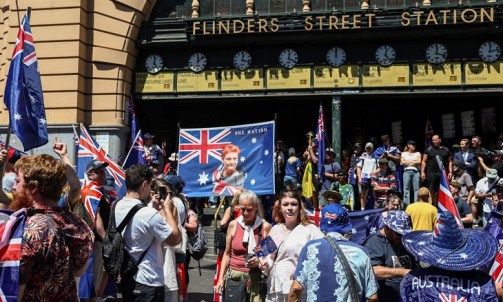Boris Johnson is self-isolating in Downing Street after hosting an MP who subsequently tested positive for Covid-19. As we all know, Johnson has already been affected by SARS-Co-V2. So can the Prime Minister, who has presumably built immunity to this virus, be reinfected? For once the answer is clear: it’s possible.
We know this thanks to the work of the Medical Research Council’s Common Cold Unit (CCU). The unit, which worked on the site of a WWII American Red Cross base near Salisbury, ran over a thousand studies between 1946 and 1989. One of its last projects analysed the time course of the immune response to experimental coronavirus infection of man.
Fifteen volunteers were infected with coronavirus 229E. They were followed up for 52 weeks with frequent nasal washings and had blood samples taken. After a year, volunteers returned for a standard challenge trial in which the same coronavirus strain was inserted into their noses.
The results showed that, out of the 15, ten became infected. All ten had significant short-lived rises in nasal antibodies; eight of them had colds of varying severity. Among the infected ten, the maximum concentrations of antibodies occurred at 12 to 14 days. After this, there was quite a steep decline. Although after one year antibody concentrations were still significantly raised in the infected group, they were much lower than at the peak.
At the time, the authors of the Common Cold Unit researchers hailed the extended trial as ‘the most detailed study yet reported of immune responses to human coronavirus infections’. ‘It showed,’ according to the authors, ‘that the immunological changes during and after coronavirus infection, are in some respects like those which follow other respiratory infections such as rhinovirus infections, while in other respects they are different’.
As with other respiratory infections, a transient reduction in white blood cells (lymphoctyes) that fight viruses occurred as well as a sharp short-lived rise in local antibodies.
So what does this – and other, more recent, evidence – tell us? It indicates that coronaviridae like Covid-19 undergo subtle mutations, very much like influenza and other RNA viruses. When these mutations happen, it may mean that those who have been infected can get reinfected.
Of the original six reinfected, using the same criteria, none developed a cold; these people shed virus for around two days, compared to around five when they were first infected. We have known since at least 1974 that on average about half of all coronavirus infections do not present with readily observable symptoms.
There is, though, a silver lining: second or third time round symptoms will be milder (if they are noticeable at all) as the duration of virus shedding in the human body is shorter.



















